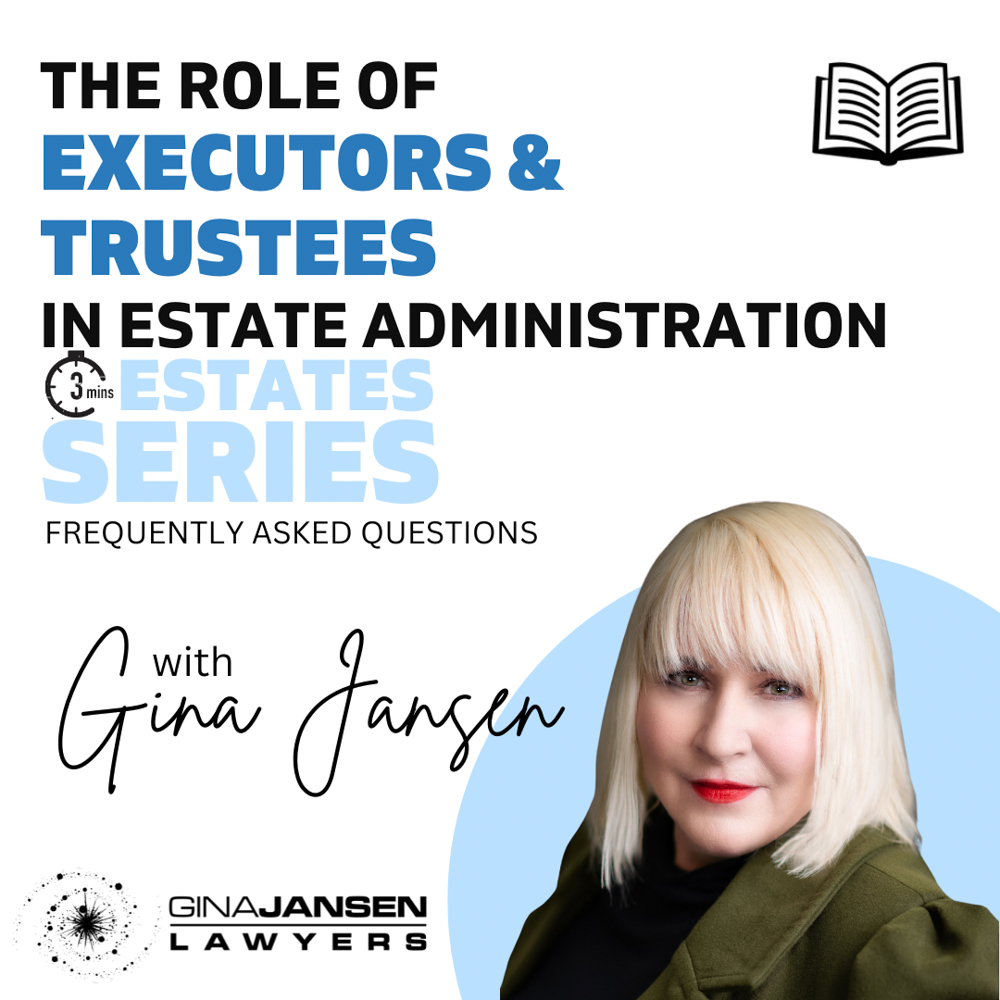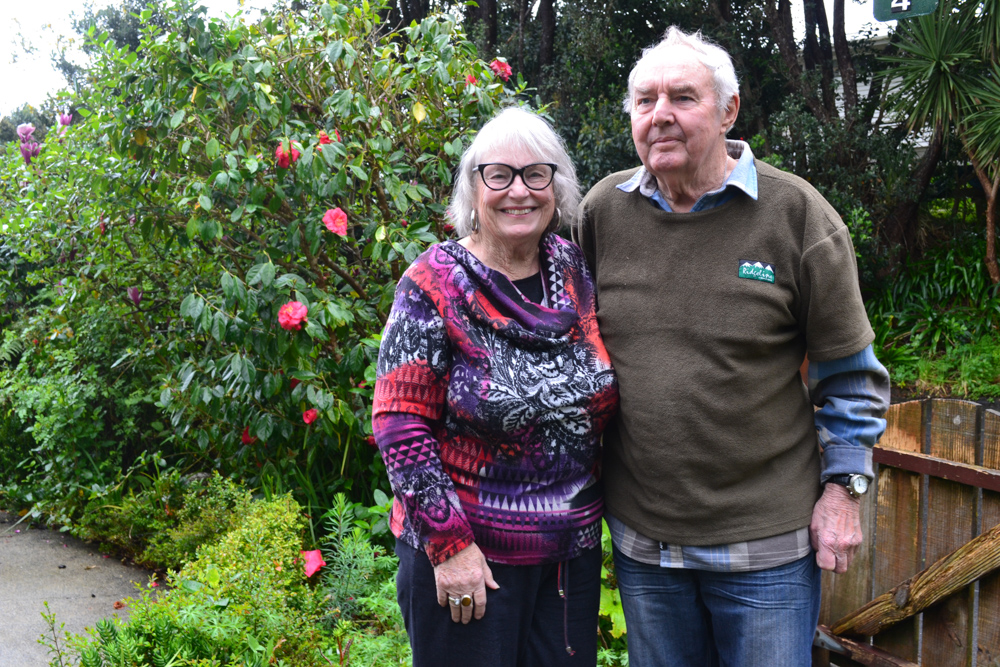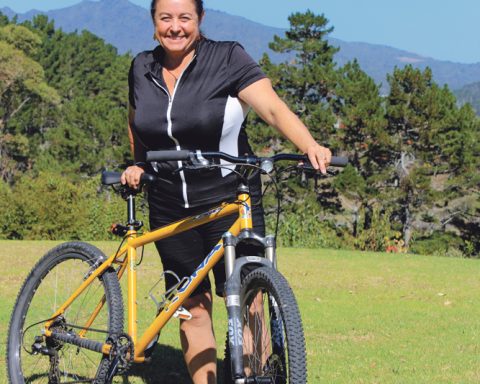When somebody dies, the paperwork involved in proving the will and in sorting out the deceased’s property can be daunting for the family.
Certain steps need to be taken, such as finding the will, having the executors and trustees applying to the High Court for a Grant of Probate so they can deal with the deceased’s assets. Where there is no will, usually a next of kin applies to the High Court for a Grant of Letters of Administration giving them authority to deal with the assets. Title to property and bank accounts that are held in the sole name of the deceased cannot be transferred to beneficiaries without first obtaining either of these. Where the estate is small (i.e. under $15,000 in value), application to the High Court may not be necessary.
What is the Difference between Executors and Trustees?
A will usually appoints one or more people as “executors and trustees”. This involves two responsibilities: the role of the executor is to locate the will, arrange the funeral and ensure the instructions in the will for the distribution of the deceased’s assets to the beneficiaries, is carried out. On the other hand, the role of the trustee is to hold the estate assets on trust on behalf of the beneficiaries. In some cases, this can go on for a number of years, for example where the deceased left assets to young children and which are to be looked after until the children reach the age of 20, or longer.
What are the Duties of a Trustee?
If there is a will, the trustee must be familiar with it, the estate’s assets and the estate’s business (if any). A trustee must comply with the terms of the will and the law and make sure the estate’s assets are held in the name of the trustees. Trustees must keep accurate records and proper accounts for the estate and where there is more than one trustee, their decisions must be unanimous. Generally, trustees must provide information about the estate to any beneficiary if asked to do so. Executors and trustees have a responsibility to make all reasonable inquires to make sure all potential beneficiaries or claimants of an estate are known. This may require searches of records at Births, Deaths & Marriages to see the marital status of the deceased and to check for children. Trustees must make sure the deceased has no outstanding debts and complete income tax returns for the deceased person with Inland Revenue up to the date of their death and obtain a new IRD number for the estate to finalise any income tax returns where the estate earns income from any source until the assets are finally distributed to the beneficiaries.
What is the Six-Month Rule?
Trustees may be personally liable to claimants if they allow estate assets (including personal items and household chattels of the deceased) to be distributed to beneficiaries within six months of the date of the Grant of Probate or Letters of Administration. Trustees can be held personally liable for those assets if a successful claim is made against the estate later on. For these reasons, it is highly recommended that trustees wait for at least six months to pass after the High Court has granted Probate/Letters of Administration, before any distribution is made to beneficiaries. The period of personal liability is longer if Probate/Letters of Administration is not obtained.
What is the “Executor’s Year”?
This is the period within which trustees should endeavour to complete administration and distribution to beneficiaries. Beneficiaries may be entitled to “interest” on their entitlement if administration is not completed within 12 months of the grant of Probate/Letters of Administration. As long as the estate assets are readily available, most estates can be distributed to beneficiaries within a few months (i.e. at least 7-8 months) from the date of grant of probate. Legislation for claimants has strict timeframes within which a claimant can make a challenge against the estate. The lawyer’s role is to act on behalf of the deceased person and therefore takes instructions only from the estate’s executors and trustees, not the beneficiaries.
If you have questions about estates, please feel free to connect with us on Insta, Facebook, or by phone on 0800 544508 or email us via our website at www.ginajansen.co.nz
DISCLAIMER: the content is not to be reprinted without the express permission of the author nor is it intended to be relied upon as legal advice. Please contact Gina Jansen Lawyers for legal advice.











